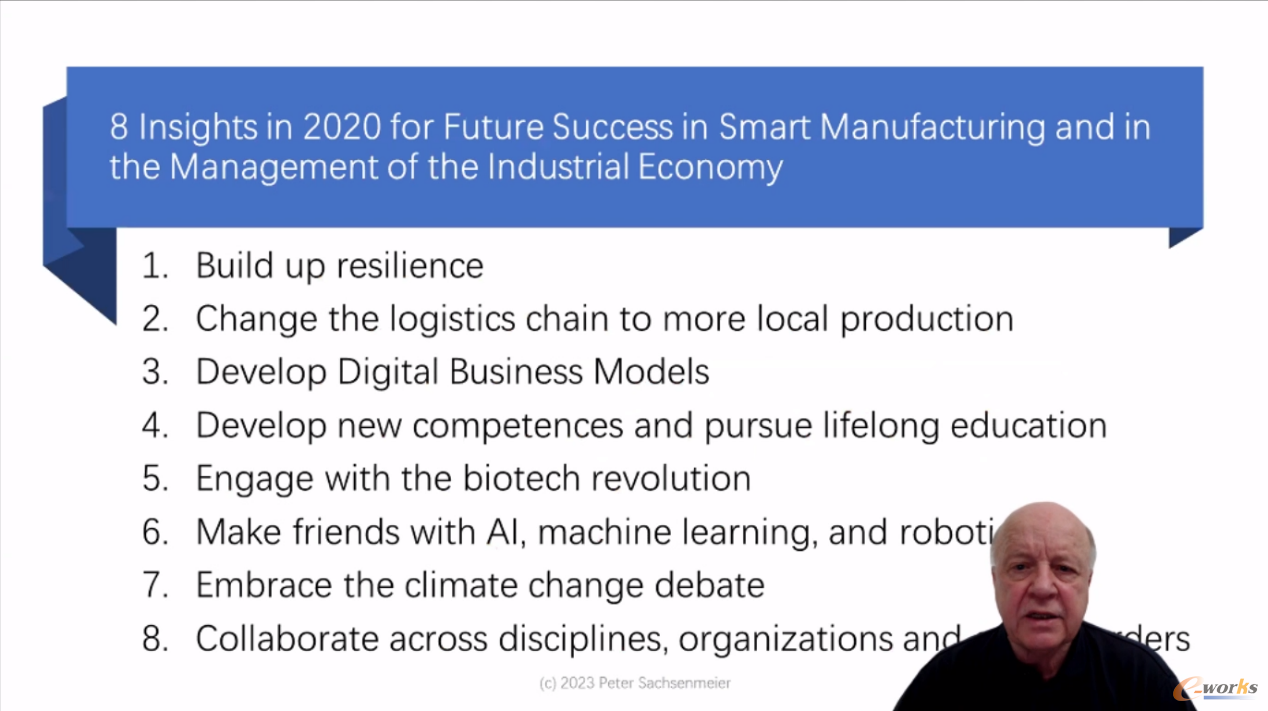Peter Galantino SEO Strategy Guide
Guide or Summary:Understanding Peter Galantino's PhilosophyKey Elements of Peter Galantino's SEO StrategyImplementing Peter Galantino's SEO StrategyIn the e……
Guide or Summary:
- Understanding Peter Galantino's Philosophy
- Key Elements of Peter Galantino's SEO Strategy
- Implementing Peter Galantino's SEO Strategy
In the ever-evolving landscape of digital marketing, the importance of an effective SEO strategy cannot be overstated. With the rise of Peter Galantino, a name synonymous with digital transformation, understanding how to leverage his expertise for an SEO strategy is imperative. This guide delves into the nuances of Peter Galantino's approach to SEO, offering actionable insights that can help businesses achieve their online goals.
Understanding Peter Galantino's Philosophy
Peter Galantino's approach to SEO is rooted in a deep understanding of user intent and the evolving algorithms of search engines. He emphasizes the importance of creating content that not only ranks well but also provides genuine value to the user. Galantino's philosophy is centered around the idea that SEO is not just about keywords and backlinks; it's about building a relationship with your audience.

Key Elements of Peter Galantino's SEO Strategy
1. **Content Marketing**: Galantino places a strong emphasis on creating high-quality, informative content. He believes that content should be optimized for search engines but should primarily focus on addressing the needs and interests of the audience. This approach not only improves SEO rankings but also fosters a loyal readership.
2. **Keyword Research**: While Galantino acknowledges the importance of keyword research, he stresses the need to go beyond traditional keyword optimization. He encourages identifying long-tail keywords that are more specific and less competitive, allowing for a more targeted and effective approach to SEO.
3. **On-Page Optimization**: Galantino advocates for a comprehensive approach to on-page optimization, encompassing elements such as meta tags, alt text for images, and internal linking. He emphasizes the importance of ensuring that each page on a website is optimized for a specific set of keywords and provides a seamless user experience.

4. **Technical SEO**: Technical SEO is another crucial aspect of Galantino's strategy. He underscores the significance of optimizing website speed, mobile-friendliness, and site structure to improve search engine rankings. Galantino believes that technical SEO is often overlooked but can have a profound impact on a website's visibility and user experience.
5. **Link Building**: Galantino acknowledges the role of link building in SEO but cautions against engaging in black-hat tactics. He advocates for building high-quality backlinks through guest blogging, creating shareable content, and engaging with industry influencers. The focus should always be on earning links naturally rather than manipulating the system.
Implementing Peter Galantino's SEO Strategy
To implement Galantino's SEO strategy effectively, businesses need to adopt a holistic approach. This involves investing in content creation, conducting thorough keyword research, optimizing on-page and technical aspects, and engaging in ethical link building practices. It's important to remember that SEO is an ongoing process, and continuous monitoring and adjustment are necessary to maintain and improve rankings.

In conclusion, Peter Galantino's approach to SEO offers valuable insights for businesses looking to enhance their online presence. By focusing on creating valuable content, conducting strategic keyword research, optimizing on-page and technical elements, and engaging in ethical link building, businesses can achieve their SEO goals and build a strong online reputation. Implementing Galantino's strategy requires commitment and a willingness to invest time and resources, but the potential rewards are significant. With the right approach, businesses can not only improve their search engine rankings but also foster a loyal audience and drive meaningful engagement.